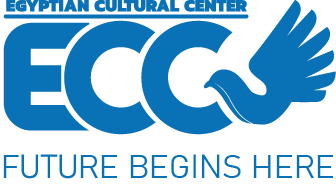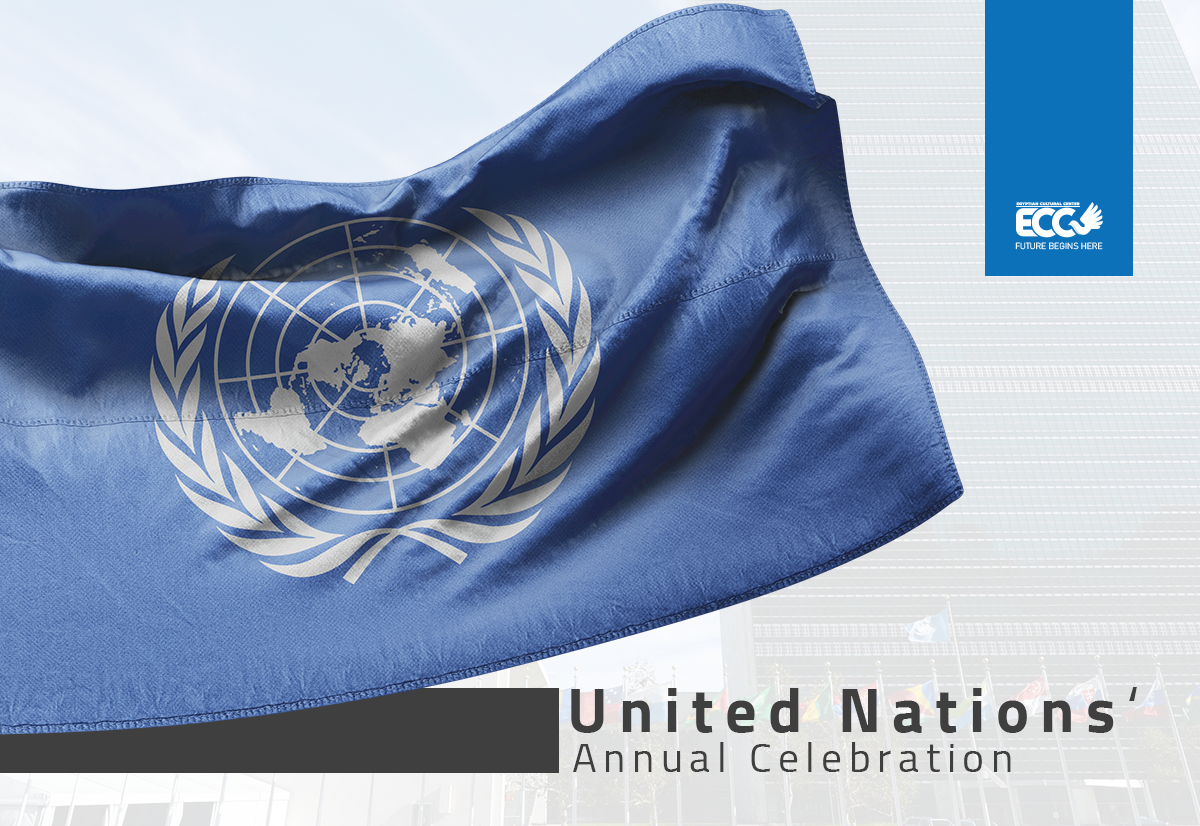The Charter of the United Nations was signed on 26 June 1945, in San Francisco, at the conclusion of the United Nations Conference on International Organization, and came into force on 24 October 1945. The Statute of the International Court of Justice is an integral part of the Charter.
Amendments to Articles 23, 27 and 61 of the Charter were adopted by the General Assembly on 17 December 1963 and came into force on 31 August 1965. An additional amendment to Article 61 was adopted by the General Assembly on 20 December 1971, and came into force on 24 September 1973. An amendment to Article 109, adopted by the General Assembly on 20 December 1965, came into force on 12 June 1968.
The amendment to Article 23 enlarges the membership of the Security Council from eleven to fifteen. The amended Article 27 provides that decisions of the Security Council on procedural matters shall be made by an affirmative vote of nine members (formerly seven) and on all other matters by an affirmative vote of nine members (formerly seven), including the concurring votes of the five permanent members of the Security Council.
The amendment to Article 61, which entered into force on 31 August 1965, enlarged the membership of the Economic and Social Council from eighteen to twenty-seven. The next amendment to that Article, which entered into force on 24 September 1973, further increased the membership of the Council from twenty-seven to fifty-four.
In parallel, the United Nations Educational, Scientific and Cultural Organization promotes human rights and the rule of law in all areas of its competence, focusing on the right to Education, the right to information, freedom of opinion and expression, cultural rights, the right to participate in the scientific renaissance and to participate in scientific progress.
Beginning with pilot countries, UNESCO is leading the implementation of the United Nations Plan of Action on the Safety of Journalists and the Issue of Impunity, adopted at the sixty-eighth session of the United Nations General Assembly.
It works to combat import, export and illicit trafficking in cultural property, and to destroy cultural heritage.
The concept of “Education transforms Life” is at the heart of UNESCO’s mission to build peace and eradicate poverty and the initiative to secure sustainable development.
UNESCO believes that Education is a human right that must be secured for him throughout his life and with good standards. It should be noted that this organization is the only United Nations agency mandated to follow up on various aspects of Education and its aspects. It has been assigned the leading role in the global Education agenda until 2030 through the fourth goal of the Sustainable Development Goals. As for the road map towards achieving this goal, it passes through the framework of Education until 2030 (FFA).


Leave A Comment